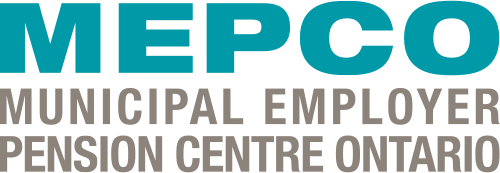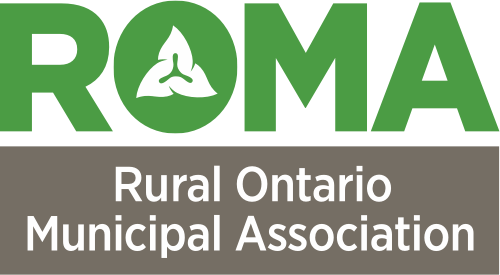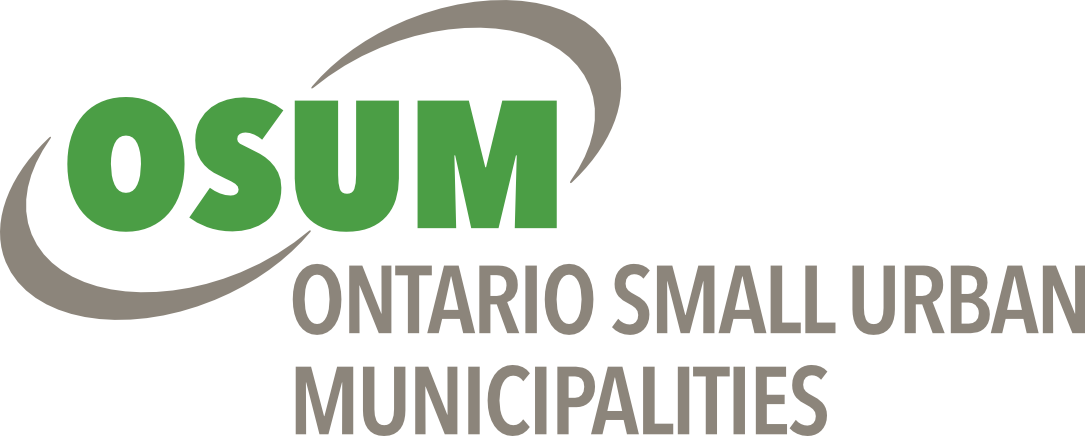Turning the Tables on Food Waste: A New Frontier in Municipal Sustainability
By
Hilary Leftick,
Interim Vice President, Sustainability and Communications
Food Cycle Science Corp.
Christina Zardo, Director of Municipal Solutions
Food Cycle Science Corp.
In today's complex municipal landscape, city leaders are juggling a myriad of pressing issues. From crumbling infrastructure and climate change adaptation to the housing affordability crisis and strained public transportation systems, the challenges seem endless. According to Canada’s Infrastructure Report Card, one-third of municipal infrastructure is in fair, poor, or very poor condition, highlighting the urgent need for significant investments. Meanwhile, the national average home price has skyrocketed to $669, 630 as of September 2024, putting immense pressure on local governments to address housing affordability.
These challenges are interconnected, often exacerbating one another and stretching municipal resources thin. Amidst this complex web of issues, food waste management might seem like just another item on a long list of concerns. However, it's a critical issue that intersects with many broader municipal priorities. According to the Association of Municipalities of Ontario's (AMO) Baseline Waste and Recycling Report, Ontario only has 10 years of disposal capacity remaining, combined with rapid population growth and the goal of building 1.5 million new homes by 2031. The report highlights that while recent initiatives have helped Ontario reach its 30% waste diversion goal by 2020, new policies are urgently needed to meet the 50% diversion target by 2030. Food waste, when not properly managed, contributes significantly to this challenge. It adds to greenhouse gas emissions, takes up valuable landfill space, and represents a missed opportunity for resource recovery. As awareness of these connections grows, municipalities are thinking "outside the bin" to find effective solutions that address multiple challenges simultaneously.
At Food Cycle Science, we recognize the complex balancing act that municipalities must perform. That's why we've developed solutions that not only address food waste but also align with broader municipal goals. We believe in meeting people where they are—right in their homes—and empowering them with technology that makes sustainable change both achievable and rewarding. Our FoodCycler technology offers a decentralized approach to food waste management that doesn't require extensive new infrastructure or major budget allocations. This allows cities to make progress on their environmental objectives while still focusing resources on other critical areas.
Our vision extends beyond just diverting food waste from landfills. We're researching downstream applications for the byproduct created by our FoodCyclers. This nutrient-rich material has uses as an organic soil amendment, a valuable input for composting operations, and as a feedstock for biogas production. By exploring these avenues, we're turning what was once considered waste into a resource that can contribute to circular economy initiatives.
The impact of our approach is evident in our partnerships. We now collaborate with over 160 municipalities across North America, including 20% of all Ontario municipalities. Our partnership with the City of Belleville demonstrates how our solution can make a significant impact in multi-residential settings, where traditional waste diversion programs often struggle. By achieving a 100% participation rate and diverting an estimated 350 kg of food waste per unit annually, we're showing that effective food waste management is possible across various housing types.
While food waste is just one piece of the municipal puzzle, its proper management can have ripple effects across other areas of concern. By reducing the volume of waste sent to landfills, cities can extend the lifespan of these facilities, potentially delaying costly expansions or replacements. The reduction in methane emissions from decomposing food waste also contributes to climate change mitigation efforts. Additionally, by tackling household food waste, at the source, municipalities can significantly reduce the number of waste collection trucks on the road while empowering individuals to take an active role in reducing their environmental impact. This not only cuts down on transportation emissions but also alleviates traffic congestion and road wear. This multi-faceted approach to waste management demonstrates how addressing food waste can yield benefits across environmental, infrastructural, and urban planning domains.
As a proudly Ottawa-based company with deep roots in the community, we're here to stay. Our commitment to innovation and sustainability was recently recognized and reinforced by a strategic investment from Power Sustainable Lios in June 2024. This investment solidifies our position as leaders in sustainable innovation and enables us to further expand our impact. Additionally, as approved suppliers through Canoe Procurement, we're aligned with Local Authority Services (LAS) and the Association of Municipalities of Ontario (AMO), reinforcing our dedication to supporting Ontario communities with tangible, impactful solutions. With 11 years in the business, we've been pioneering solutions before food waste became a widely recognized issue.
At Food Cycle Science, we're committed to developing solutions that not only address the immediate challenge of food waste but also create opportunities for resource recovery and circular economy initiatives. By offering a technology that's efficient, cost-effective, and easy to implement, we aim to provide municipalities with a valuable tool in their efforts to build more sustainable, resilient communities. As we continue to innovate, we're excited to partner with forward-thinking municipalities in creating a more sustainable future.

Please contact Christina Zardo, Director of Municipal Solutions to learn more.





